| It will take Rabih many years and frequent essays in love … to recognise that the very things he once considered romantic … are what stand in the way of learning how to sustain relationships. He will conclude that love can endure only when one is unfaithful to its beguiling opening ambitions; that for his relationships to work he will need to give up on the feelings that got him into them in the first place. (p6) In a nutshell, The Course of Love is about the need to adjust our ideas of marriage in order to make it a success. In a similar vein, let me suggest the reader adjust her expectations of this book in order to fully appreciate its wisdom and compassion. |
Welcome
I started this blog in 2013 to share my reflections on reading, writing and psychology, along with my journey to become a published novelist. I soon graduated to about twenty book reviews a month and a weekly 99-word story. Ten years later, I've transferred my writing / publication updates to my new website but will continue here with occasional reviews and flash fiction pieces, and maybe the odd personal post.
|
4 Comments
I hadn’t been reviewing for very long, when I was invited to contribute to the book recommendation site, Shiny New Books. Honoured as I was, I didn’t feel ready back then, but kept it in mind. After Victoria posted a lovely early review of Sugar and Snails on the site and hosted my guest post on writing about secrets, I resolved to keep an eye out for suitable books to review. I’m pleased to announce that my reviews of The Social Brain and Playthings were accepted for the latest edition so if you’re satisfied with the easy answer to my question you can go straight to the reviews by clicking on the images. But if you’d like to discover another connection, then read on.
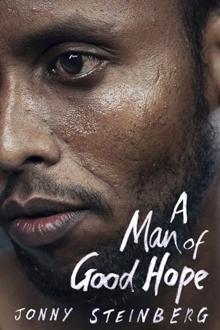 This is the story of an epic conversation between two African men: shopkeeper and Somalian refugee, Asad Abdullahi, and white South African academic and journalist, Jonny Steinberg. Their conversation begins in Cape Town in 2010, a time of violent attacks on foreign nationals in the run-up to the World Cup, travelling back in time to plot Asad’s history of migration from the moment when, at eight years old, his mother was shot in front of him, to end in 2013 when he is resettled with his family in Kansas City, USA. It’s the tale of a child subject to multiple betrayals, “kicked through life like a stone” (p278), drifting between countries and cultures, from a refugee camp as barren as the first concentration camps to the cosmopolitan streets of inner-city Nairobi to a desert settlement deep in the Ethiopian hinterland, who nevertheless has “lived a fully human life … [altering] radically the course of his family’s history, so that his children and their children … live lives nobody in Somalia at the time of his own birth could have imagined” (p313). It’s also, to a lesser extent, the account of the practical and ethical hurdles faced by both men in bringing Asad’s story to the attention of the wider world. 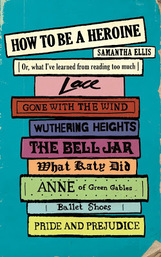 On a pilgrimage to Wuthering Heights, Samantha Ellis got into a debate with her best friend as to which Brontë heroine was best: Cathy Earnshaw or Jane Eyre. The shock of finding herself persuaded by her friend’s argument sent her stumbling back to revisit the heroines of her thirty-odd years’ devotion to fiction. How to Be a Heroine, part memoir, part feminist literary critique, is the result. When I ‘won’ a copy on Twitter, I thought I’d nailed this year’s blog post for International Women’s Day. Unlike last year, I wouldn’t have to do search around for my own fictional heroines. Samantha Ellis would do the job for me. Although I shy away from non-fiction these days (The Examined Life by Stephen Grosz a rare and exceptional exception), I quickly became engrossed in the book. I warmed to the voice, and the meticulous attention to detail balanced with touches of self-mocking humour:
When Rhett sees that [Scarlett’s] hand is scarred, rough from work, sunburnt, freckled, the nails broken, palm calloused, thumb blistered, he spits, ‘These are not the hands of a lady.’ (The most direct result of reading Gone With The Wind again is that I have become more assiduous about using hand cream.) (p88) 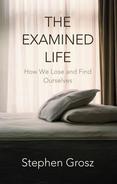 Published at the beginning of 2013, The Examined Life by Stephen Grosz is a gem of a book about psychoanalysis. Heavy with insight into the human condition while light on the jargon, it’s a most-read for any thoughtful individual, but I’m here to argue its particular value for readers and writers of fiction. If you like stories, I think you’ll be interested in these, and if you’re engaged in producing your own fiction, there’s as much to learn from these tales from the therapist’s couch as from any creative writing textbook. Here are 7 reasons why: 1. It’s unashamedly upbeat about the power of stories. Many psychoanalytic case studies read like stories, but these are especially exquisite. Beautiful prose, tightly structured, these are moral stories without being moralistic, gentle fables in the manner of Aesop and Kipling that leave us pondering the big questions of how to live. Alongside the stories from the consulting room, there’s an examination of Dickens’ A Christmas Carol and Melville’s Bartleby the Scrivener, and ordinary incidents from the author’s life. Without being heavy handed, he leaves us in no doubt as to the centrality of storytelling, that without our stories we are diminished: [O]ur childhoods leave us in stories … we never found a way to voice, because no-one helped us find the words. When we cannot find a way of telling our story, our story tells us – we dream of these stories, we develop symptoms, or we find ourselves acting in ways we don’t understand. (p10) |
entertaining fiction about identity, mental health and social justice
Annecdotal is where real life brushes up against the fictional.
Annecdotist is the blogging persona of Anne Goodwin:
reader, writer, slug-slayer, tramper of moors, recovering psychologist, struggling soprano, author of three fiction books. LATEST POSTS HERE
I don't post to a schedule, but average around ten reviews a month (see here for an alphabetical list), some linked to a weekly flash fiction, plus posts on my WIPs and published books. Your comments are welcome any time any where. Get new posts direct to your inbox ...
or click here …
Popular posts
Categories/Tags
All
Archives
March 2024
BLOGGING COMMUNITIES
|
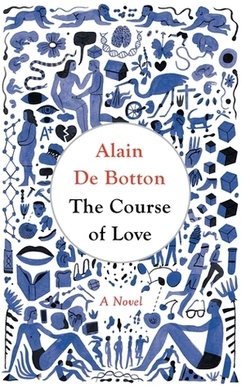
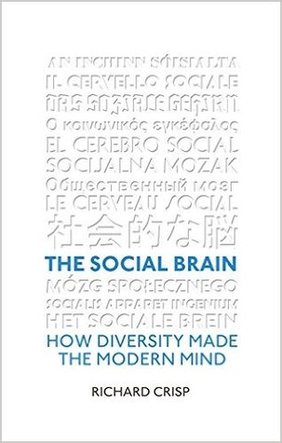
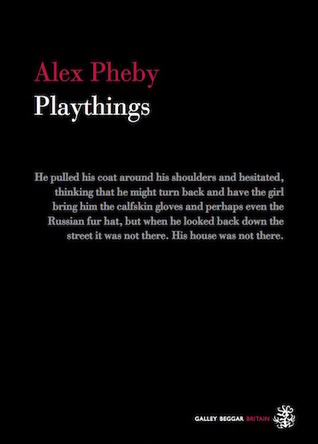
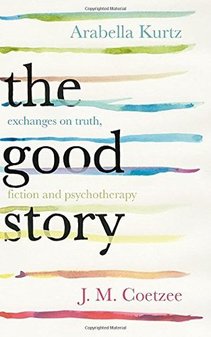
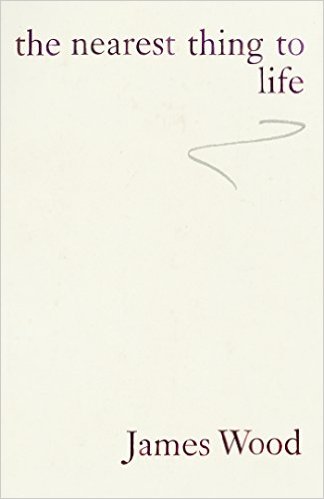






















 RSS Feed
RSS Feed





















